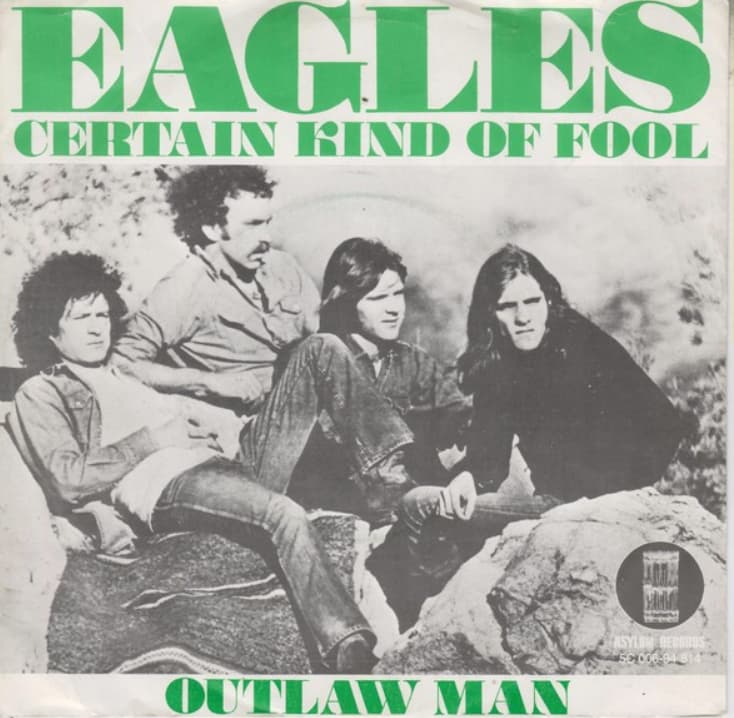
Outlaw Man: A Song of Rebellion and Redemption
In the realm of country-rock music, few bands have achieved the enduring legacy and widespread popularity of the Eagles. Their harmonious blend of vocals, intricate guitar work, and relatable songwriting resonated with audiences worldwide, establishing them as one of the most influential groups of the 1970s. Among their extensive discography, the song “Outlaw Man” stands out as a captivating narrative that delves into themes of rebellion, redemption, and the complexities of the human spirit.
Written by Bob Dylan and originally released by him in 1967, “Outlaw Man” found its way into the hands of the Eagles in 1973. Recognizing the song’s potential to fit seamlessly into their emerging Western-themed album Desperado, the band reimagined the track, imbuing it with their signature blend of country sensibilities and rock instrumentation.
The song opens with a haunting harmonica melody, setting the stage for the protagonist’s tale. “Outlaw Man” introduces us to a weary figure, an outlaw on the run, haunted by his past transgressions and yearning for a chance at redemption. The lyrics paint a vivid picture of his life on the lam, constantly evading capture and grappling with the weight of his choices.
As the song progresses, the outlaw’s internal struggle intensifies. He laments his lost love, a woman who represents the normalcy and stability he now craves. Yet, he acknowledges that his outlaw ways have made him unfit for a peaceful life.
The chorus serves as a poignant plea for understanding and forgiveness. The outlaw recognizes the consequences of his actions but maintains a sense of defiance, refusing to bow to societal expectations. “I’m an outlaw, a man of the wild and free,” he declares, asserting his individuality and rejecting conformity.
Despite his rebellious nature, the outlaw harbors a deep-seated desire for redemption. He longs to escape his past and embrace a life of peace and tranquility. The song’s bridge hints at a glimmer of hope, suggesting that the outlaw may yet find salvation.
“Outlaw Man” concludes with a sense of ambiguity, leaving the outlaw’s fate uncertain. The final lines, “But I was born an outlaw, a man of the wind,” reinforce his inherent nature, suggesting that he may never fully escape his past.
The Eagles’ rendition of “Outlaw Man” remains a timeless classic, captivating audiences with its blend of poignant lyrics, evocative melodies, and the band’s signature harmonies. The song’s exploration of rebellion, redemption, and the human condition resonates deeply with listeners, making it an enduring testament to the Eagles’ musical prowess and songwriting brilliance.